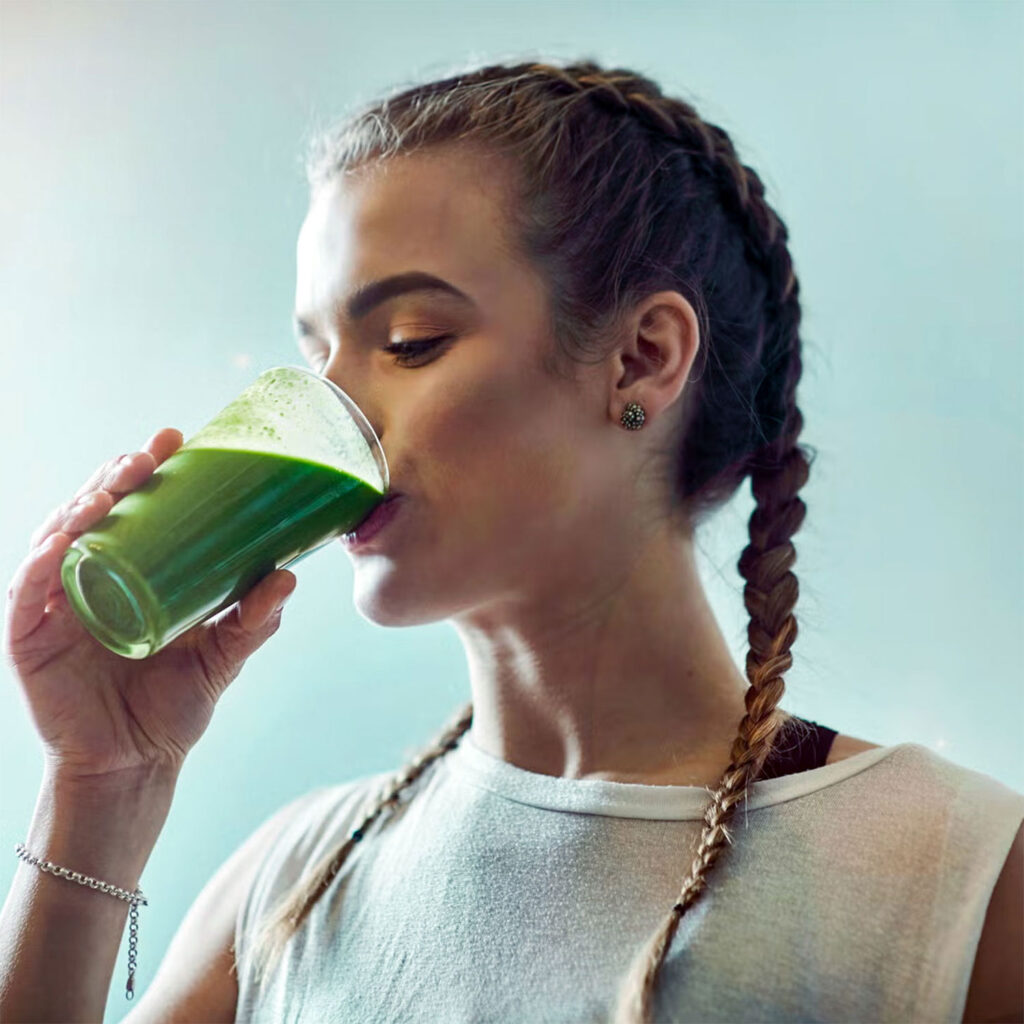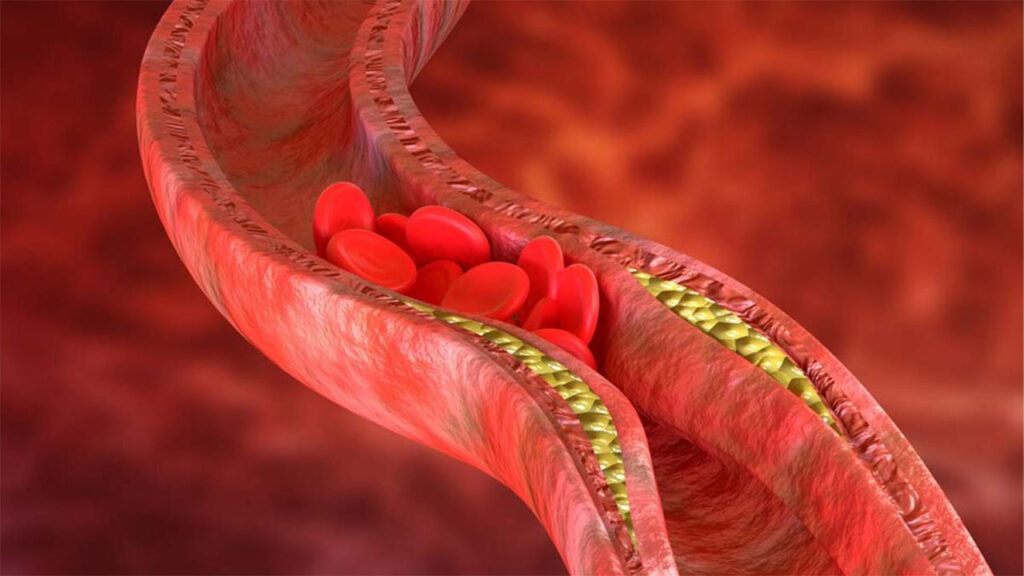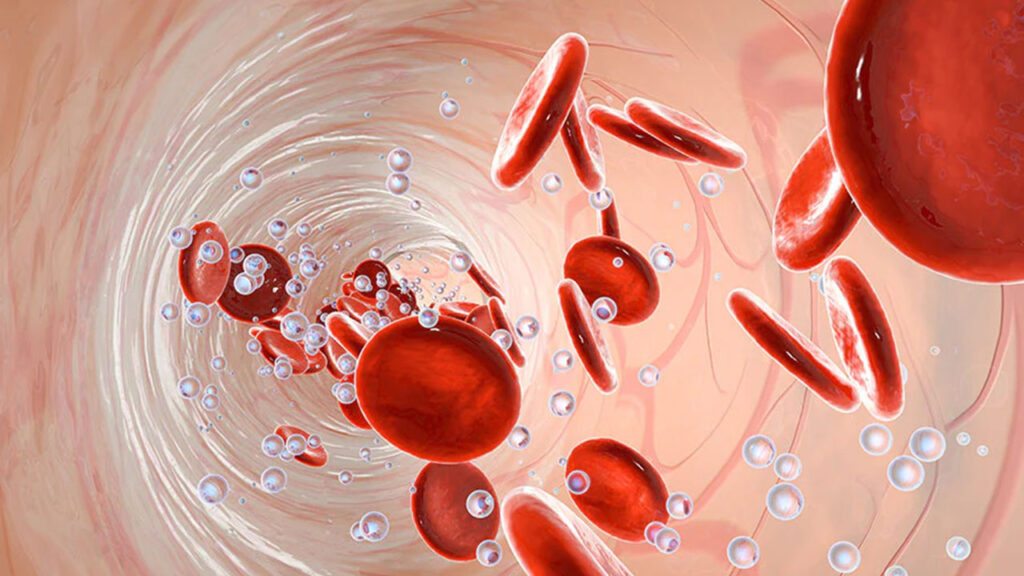Olympic athletes always look for natural supplements that can enhance their performance and recovery. One such supplement that has gained significant attention is fresh Raw Living Spirulina. This superfood algae is packed with nutrients and has been shown to dramatically improve athletic performance by increasing nitric oxide levels and enhancing oxygen delivery to muscle cells. This article delves into the science behind how fresh Spirulina boosts nitric oxide levels and provides examples of its benefits for fast recovery times during physical performances.
How Fresh Raw Living Spirulina Increases Nitric Oxide Levels
Nitric oxide (NO) is a crucial molecule in the body that plays a significant role in vasodilation, the process by which blood vessels widen to increase blood flow. Enhanced blood flow means more oxygen and nutrients are delivered to muscle cells, vital for athletic performance.
Mechanism of Action
- L-Arginine Content: Fresh Raw Living Spirulina contains high levels of L-arginine, an amino acid that serves as a precursor for nitric oxide synthesis. The enzyme nitric oxide synthase (NOS) converts L-arginine into nitric oxide, thereby increasing NO levels in the bloodstream.
- Nitrate Utilization: According to research, Spirulina platensis has a high capacity for nitrate utilization, producing tenfold more protein than other plants like rice. This higher nitrate utilization further contributes to increased nitric oxide production.
- Antioxidant Properties: Spirulina is rich in antioxidants such as phycocyanin and chlorophyll, which protect endothelial cells lining the arteries from oxidative stress. Healthy endothelial cells are more efficient at producing nitric oxide.
Benefits of Increased Oxygen Levels to Muscle Cells
Increased nitric oxide levels lead to improved vasodilation, which enhances oxygen delivery to muscle cells. This has several benefits for athletes:
- Enhanced Endurance: With more oxygen available, muscles can sustain aerobic respiration longer, delaying the onset of fatigue.
- Improved Performance: Studies have shown that spirulina supplementation significantly increases oxygen uptake during high-intensity exercise bouts. For instance, one study found that spirulina increased oxygen uptake during fatigue from 34.10 ml/min/kg to 37.37 ml/min/kg.
- Reduced Heart Rate: During submaximal exercise bouts, spirulina supplementation significantly reduced heart rate (154 bpm vs. 149 bpm), indicating more efficient cardiovascular function.
Fast Recovery Times During Physical Performances
Recovery is a critical aspect of athletic training and competition. Fresh Raw Living Spirulina aids in faster recovery through several mechanisms:
- Anti-inflammatory Effects: Spirulina’s antioxidants help reduce inflammation caused by intense physical activity, speeding up recovery times.
- Hemoglobin Increase: Spirulina supplementation has significantly increased hemoglobin levels (144.1 g/l vs 154.5 g/l). Higher hemoglobin levels mean better oxygen transport capacity, aiding quicker muscle repair and recovery.
- Protein Synthesis: The high protein content in spirulina supports muscle repair and growth post-exercise.
Examples from Research
A study published in the European Journal of Applied Physiology investigated the effects of spirulina on arm cycling exercise performance in untrained males. The results showed that after seven days of spirulina supplementation:
- Oxygen uptake during submaximal exercise was significantly lower.
- Heart rate was reduced.
- Oxygen uptake at the time of fatigue was significantly higher.
- Hemoglobin levels were increased.
These findings suggest that spirulina enhances performance and aids in faster recovery by improving cardiovascular efficiency and increasing oxygen delivery to muscles.
Conclusion
Fresh Raw Living Spirulina offers numerous benefits for Olympic athletes looking to enhance their performance and speed up recovery times naturally. By increasing nitric oxide levels through its rich L-arginine content and antioxidant properties, spirulina improves oxygen delivery to muscles, enhances endurance, reduces heart rate during exercise, and supports faster recovery post-exercise.
Top 3 Authoritative Sources
- European Journal of Applied Physiology
- A reputable journal publishing research on applied physiology related to health and sports sciences.
- National Center for Biotechnology Information (NCBI)
- It provides access to biomedical and genomic information, including studies on nutritional supplements like spirulina.
- Kingston University School of Life Sciences
- Conducts extensive research on life sciences, including studies on dietary supplements’ effects on human physiology.




